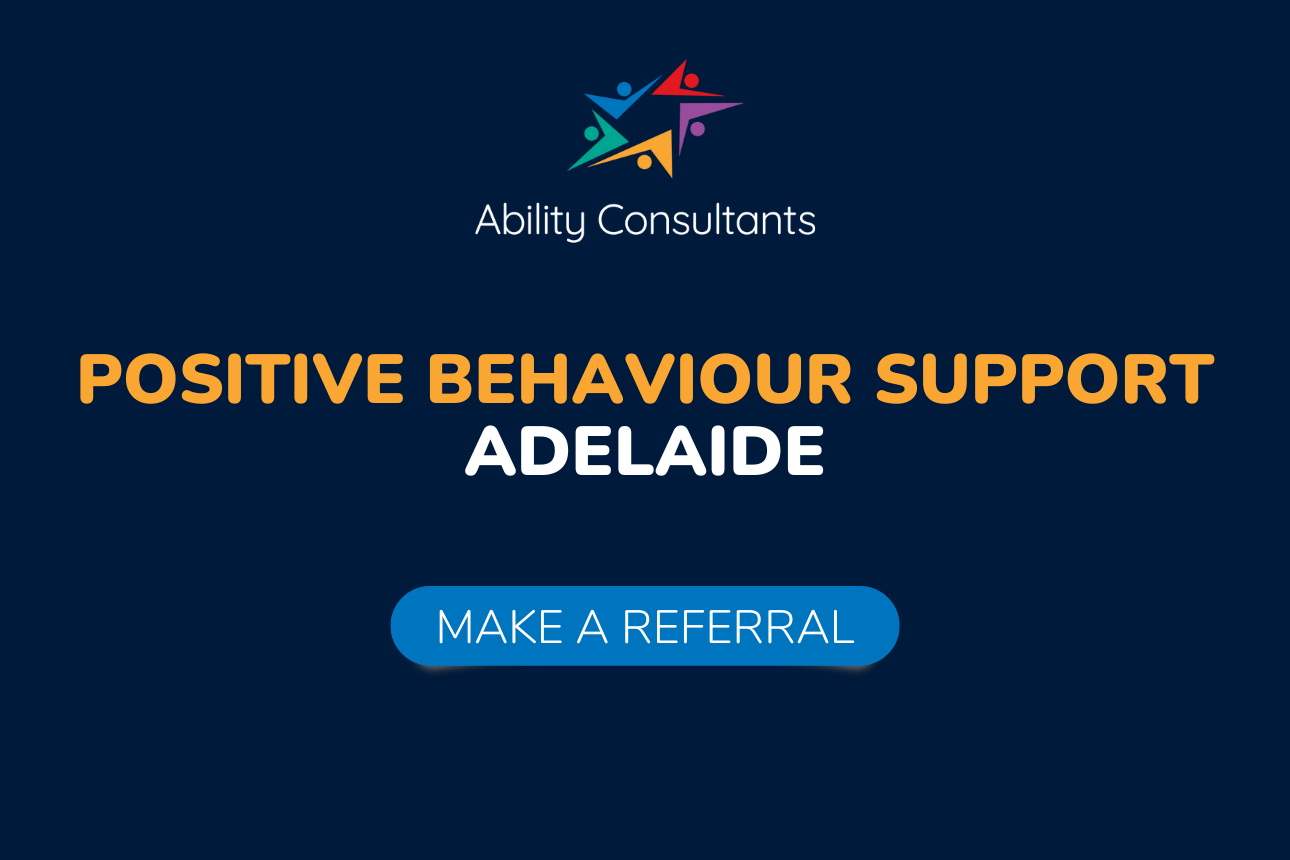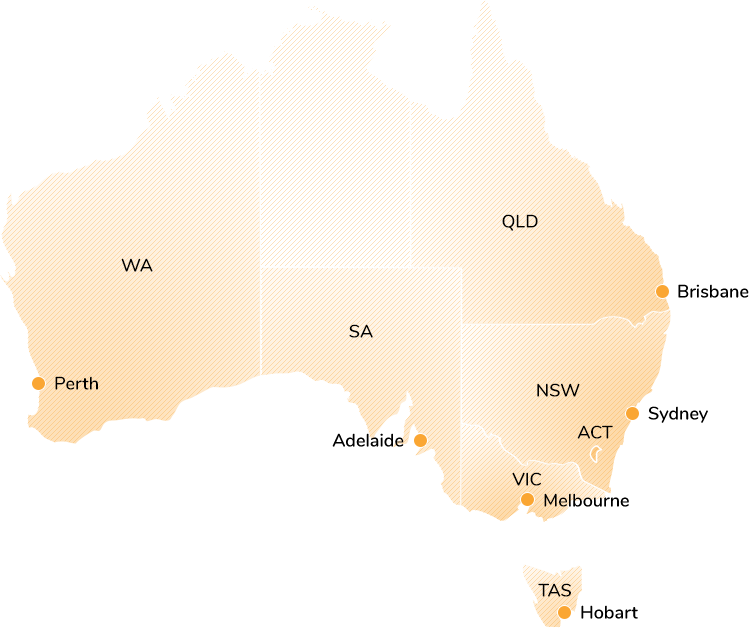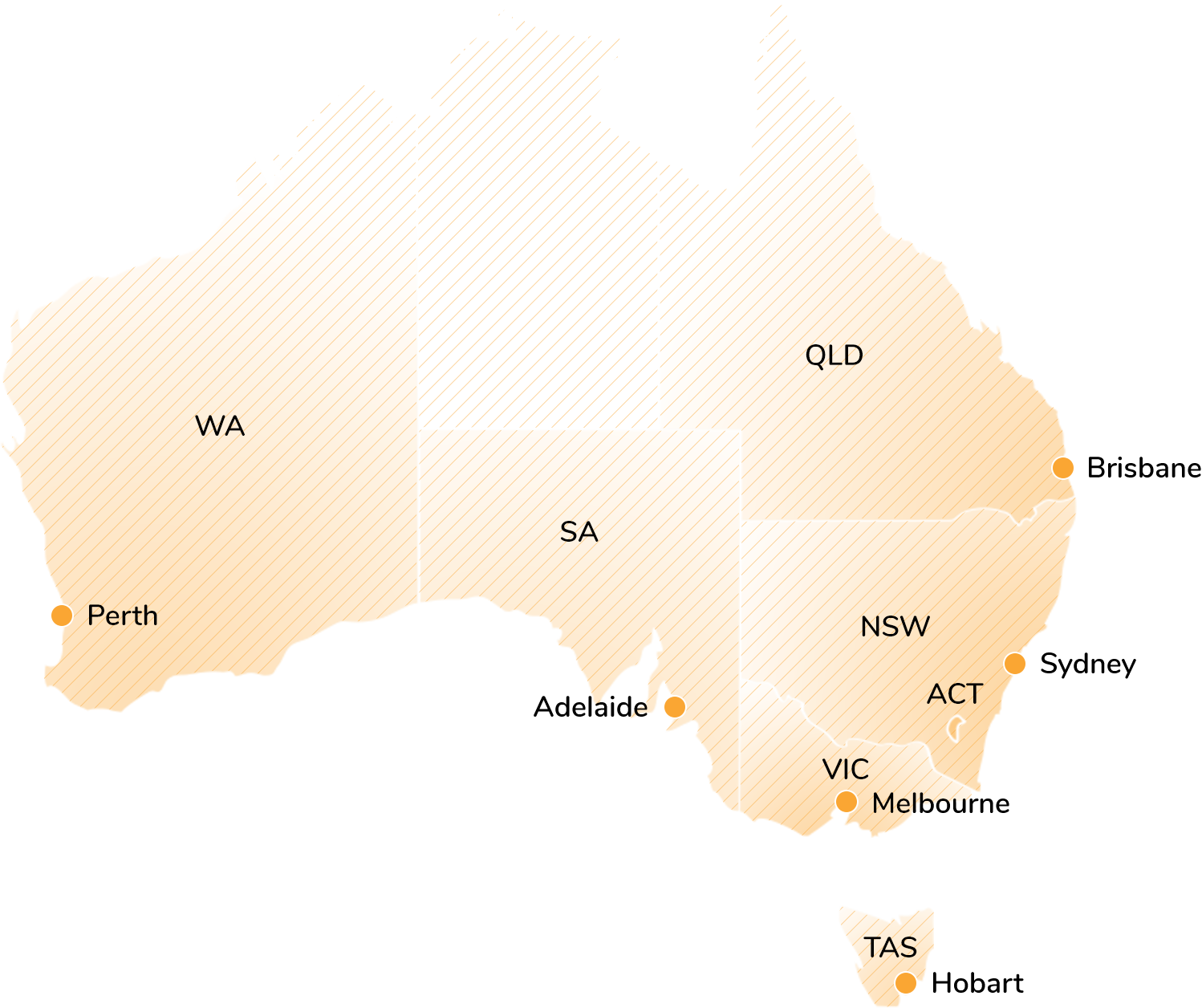Positive Behaviour Support in Adelaide, South Australia
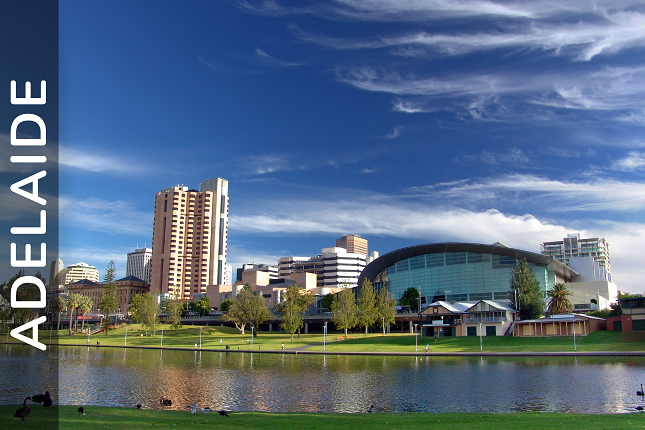
Positive Behaviour Support in Adelaide just got easier to access and we look forward to supporting South Australians with life-changing support.
Positive Behaviour Support in Adelaide
What is Positive Behaviour Support?
All behaviour is communication — this understanding is central to our work in Positive Behaviour Support in Adelaide and throughout Australia. As Behaviour Support Practitioners, our team seeks to understand behaviours of concern and improve a person’s quality of life.
Positive Behaviour Support is all about understanding behaviours and the reasons behind them — we call this the function of behaviour. When we understand the function of a behaviour, it becomes easier to understand what a person is seeking to communicate and to find alternative ways to communicate this message. It also enables the people around them to be better equipped by recognising what a person with disability is trying to communicate and how they can best support them.
Here’s a video where Belinda explains Positive Behaviour Support:
Who can benefit from Positive Behaviour Support in Adelaide?
We provide Positive Behaviour Support in Adelaide for individuals with a range of disabilities, such as intellectual disability, Autism Spectrum Disorder (ASD), cerebral palsy, dementia, psychosocial disabilities and more.
A PBS plan can make a difference in a variety of environments, such as in a person’s home, in the community, school and workplace. PBS can impact on many aspects of a person’s life; in the example below, we share how PBS can help improve a person’s daily living.
Peter is a 25 year old male with cerebral palsy. He’s often visits the gym and is accompanied by his support worker, Mike. Mike has noticed that during recent visits to the gym, Peter has been distressed and has been visiting the gym less frequently.
The gym is an important part of Peter’s life: he previously enjoyed going and he found that strength training helped him in his everyday life. Mike hasn’t been able to work out what has changed and what he can do to help Peter enjoy going to the gym again.
PBS practitioner, Ryan, reviews Peter’s medical and treatment history, and meets with Peter and Mike. They talk about Peter’s goals, what’s important to him and about his experiences at the gym.
Ryan goes with Peter and Mike to the gym to observe and leaves Mike with a short checklist, where he can take note of when Peter is becoming distressed and other details such as what happened prior to and after Peter’s distress. Ryan also requests that Peter visit his doctor and physiotherapist to check if Peter has any injuries or is experiencing physical pain.
Ryan reviews all the information gathered and writes Peter’s PBS plan. Ryan has identified that while Peter enjoys exercising, he struggles to communicate with gym staff and other gym patrons and that this causes him distress.
Peter’s PBS plan includes strategies to support Peter’s communication at the gym. This includes the provision of a communication book, suggestions on how to organise further communication tools including an iPad and communication training for gym staff.
Peter’ PBS plan is implemented and gradually Peter becomes comfortable with visiting the gym again.
It’s important to note that every individual has unique needs and goals and that the work carried out by a PBS practitioner will vary with each individual.
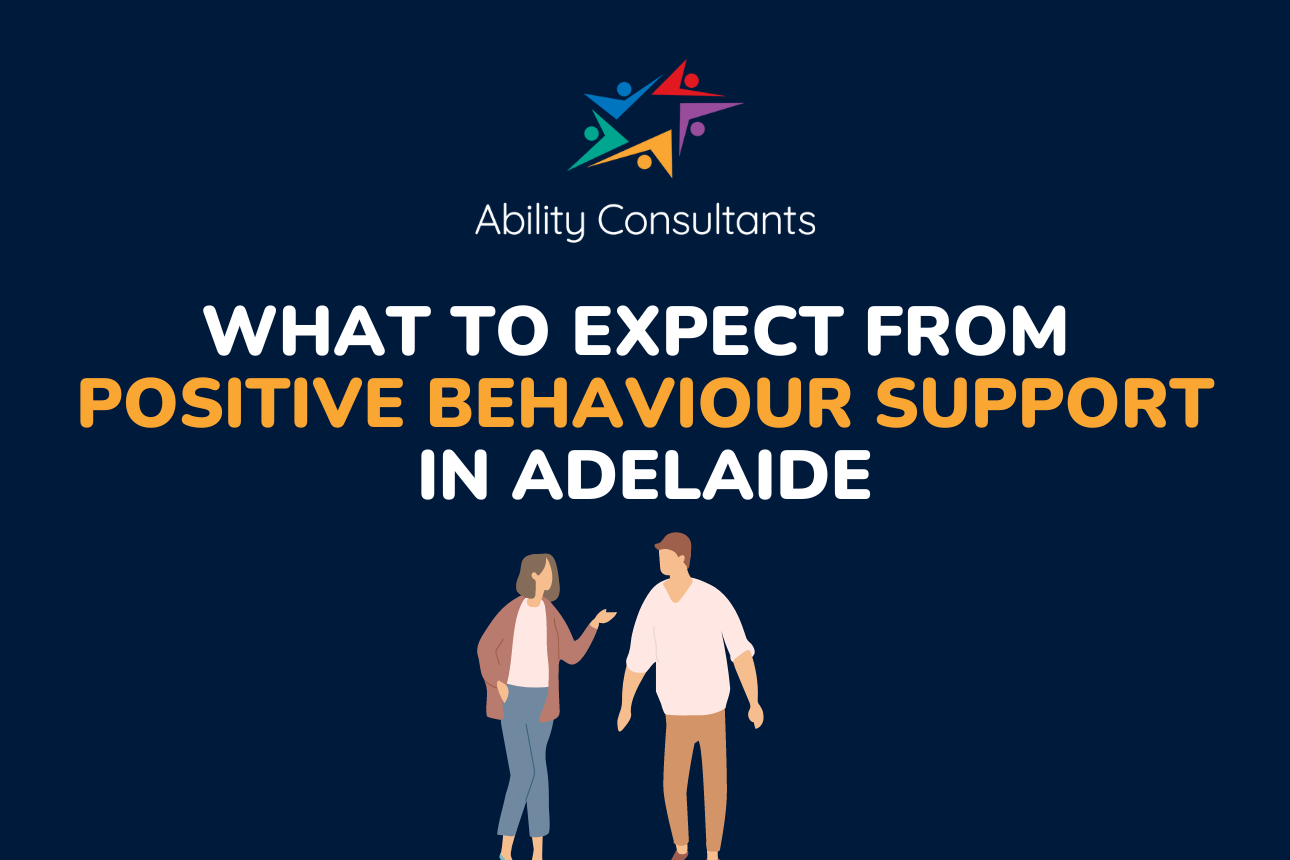
Positive Behaviour Support in Adelaide: What to expect
Once we receive your referral for Positive Behaviour Support, our intake team organises your Service Agreement, which outlines the service we’ll provide. We then allocate a PBS practitioner who will work with you throughout the duration of your service. In some areas such as Sydney, a waiting list might be in place.
Your PBS practitioner will get in touch with you by phone or email to organise an initial meeting at a place that works for you, such as your home.
Our intake team or your PBS practitioner might also request further information, such as relevant reports from your GP, psychologist, psychiatrist, occupational therapist, speech therapist or other members of your support team. Your practitioner will review this information to get a better understanding of you and your needs.
Following this, your PBS practitioner will gather further information through observations, interviews and assessments. This information will help your PBS practitioner identify behaviours of concern, identify the reasons for the behaviour, and develop alternative ways of communicating this message and environmental changes which may assist.
Positive Behaviour Support in Adelaide: How to get started
Make a referral for Positive Behaviour Support in Adelaide
Anyone can make a referral for Positive Behaviour Support in Adelaide. As an NDIS participant, you can make your own referral. We also accept referrals from parents, family members, support coordinators, SIL providers, other NDIS providers, GPs and other health providers.
Make a referral anytime on our website using our online referral form.
Where we provide Positive Behaviour Support in Adelaide
All our PBS practitioners travel to see their clients, this means we can travel to a location that is convenient for you, such as your home. In Adelaide we provide Positive Behaviour Support in quite a few suburbs such as Adelaide CBD, Glenelg, Seaford, Stirling, West Lakes, Mawson Lakes and Port Adelaide.
Do you have questions about Positive Behaviour Support in Adelaide?
If you're in South Australia and you have questions about PBS in Adelaide, our team would be more than happy to help. As a Registered NDIS provider in Adelaide, we can answer your questions about PBS, how we can help you and which NDIS funds you can utilise for PBS.
Please call us on 1300 694 625 or send us an email using our contact form. We’re open Monday to Friday, 9.30am-4pm EST.
We also have useful PBS resources on our website, including:
- What is Positive Behaviour Support?
- What is a Positive Behaviour Support Plan?
- Positive Behaviour Support and NDIS funding
- Free Positive Behaviour Support training



